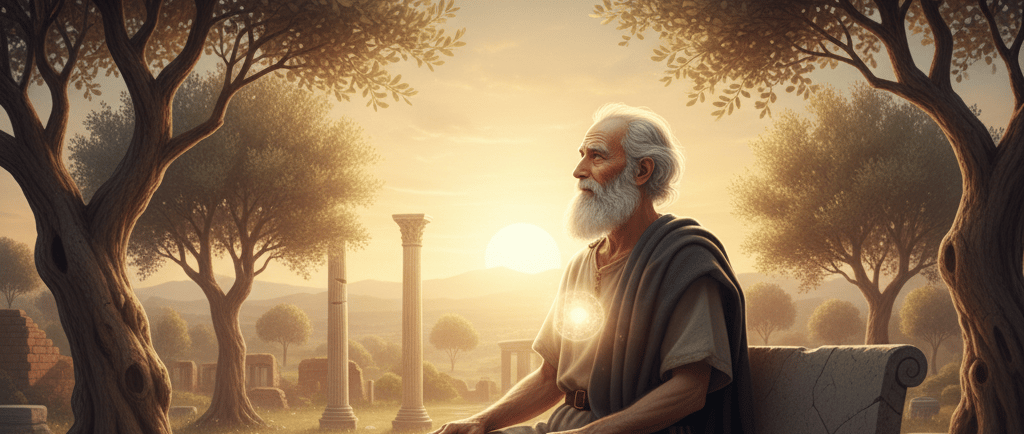Stoicism and Aging: Finding Meaning in Later Life
Explore how Stoic philosophy transforms aging into a journey of wisdom and meaning. Discover tips for graceful aging, purpose, and joy through Stoic principles.
STOICISM
10/22/20252 min read


Aging is a journey filled with change—new challenges, opportunities, and reflections on what matters most. The ancient wisdom of Stoicism offers valuable tools to navigate later life with resilience, grace, and purpose. Far from being just about endurance, Stoicism encourages older adults to discover deeper meaning as the years unfold.
The Stoic Perspective on Aging
For Stoic philosophers like Seneca, Epictetus, and Marcus Aurelius, aging was an invitation to wisdom. They viewed life as a series of cycles, each with its own lessons. Later years, in particular, allow for greater self-understanding and the cultivation of virtues—especially tranquility, gratitude, and acceptance.
Stoics teach that happiness doesn’t depend on youth or physical vitality, but on our mindset. With practice, it’s possible to let go of regrets about the past and anxieties about the future, focusing instead on what can be controlled: attitude, values, and daily actions.
Embracing Life’s Changes With Serenity
Aging brings its share of difficulties, from shifting health to evolving relationships. The Stoic approach is to meet these transitions with courage and equanimity. By acknowledging what cannot be changed—and focusing attention on the present—elders can transform challenges into sources of wisdom.
Practical Stoic exercises for aging include:
Daily reflection: Journaling about emotions and experiences eases acceptance and builds peace of mind.
Gratitude practice: Naming what’s good each day, no matter how small, helps counter negativity and fosters contentment.
Cultivating virtue: Using later years to strengthen patience, generosity, and kindness enriches both personal and community life.
Finding Purpose After Retirement
Retirement and elderhood can be a time of profound renewal. The Stoic call to “live according to nature” urges older adults to contribute wisdom, mentorship, and compassion to others. Through volunteering, learning, teaching, or simply nurturing relationships, every day offers a chance to create meaning.
Stoicism reminds us: Your legacy comes from how you respond to each moment, no matter your age or stage. Purpose and fulfillment are found in the courage to grow, the humility to change, and the generosity to help others.
Why Stoicism Is a Guide for Aging Well
Life’s later chapters can be rich with joy, connection, and personal growth. Stoicism provides the mindset to embrace every stage with dignity—celebrating the wisdom that only time brings and using change as a springboard for meaning and purpose.
Waste no more time arguing about what a good man should be. Be one - Marcus Aurelius
We suffer more often in imagination than in reality - Seneca
Wealth consists not in having great possessions, but in having few wants - Epictetus
